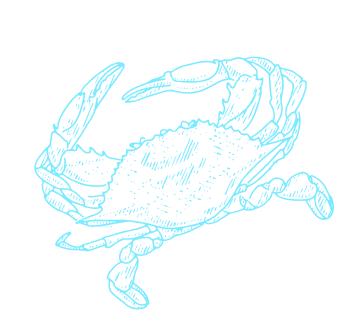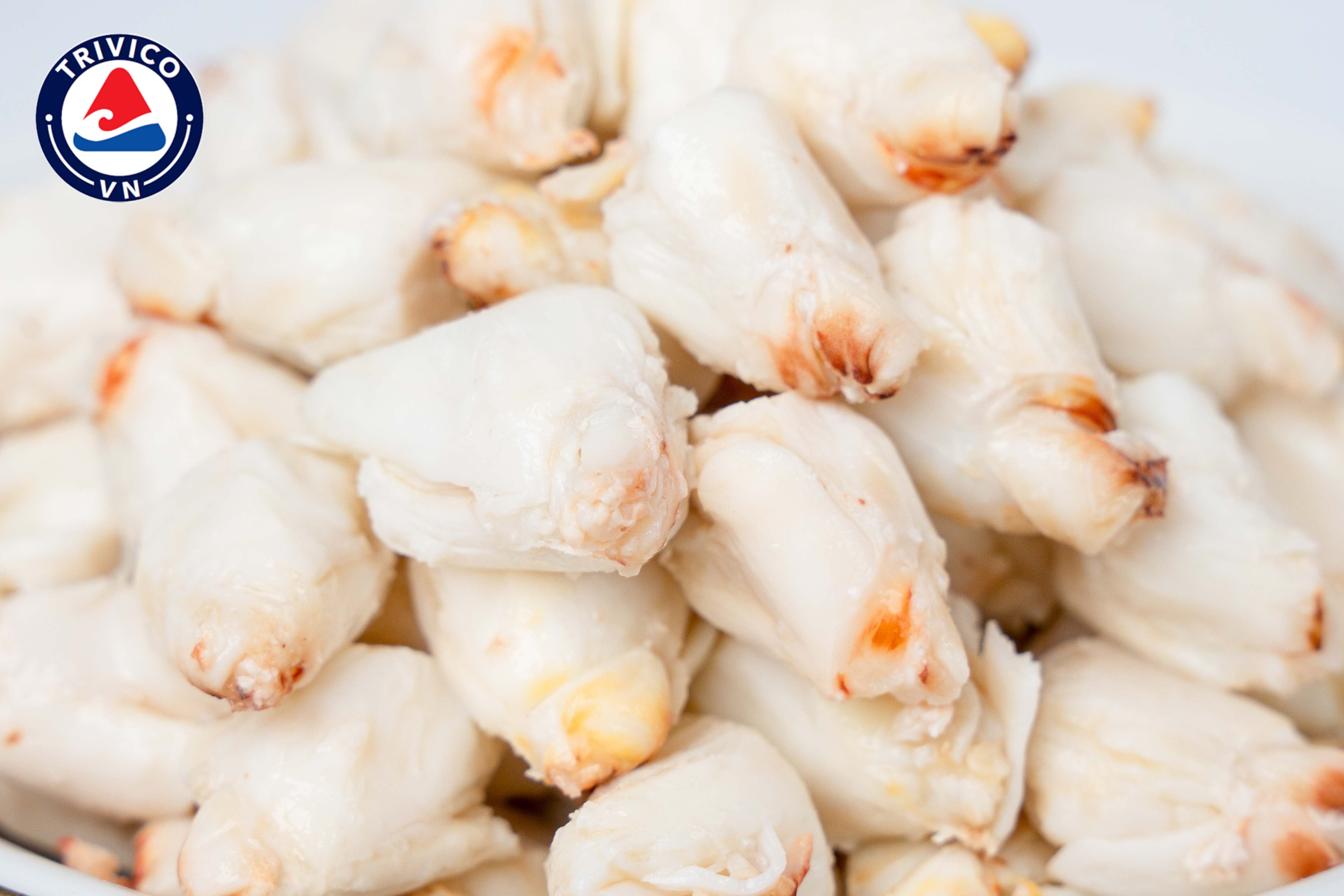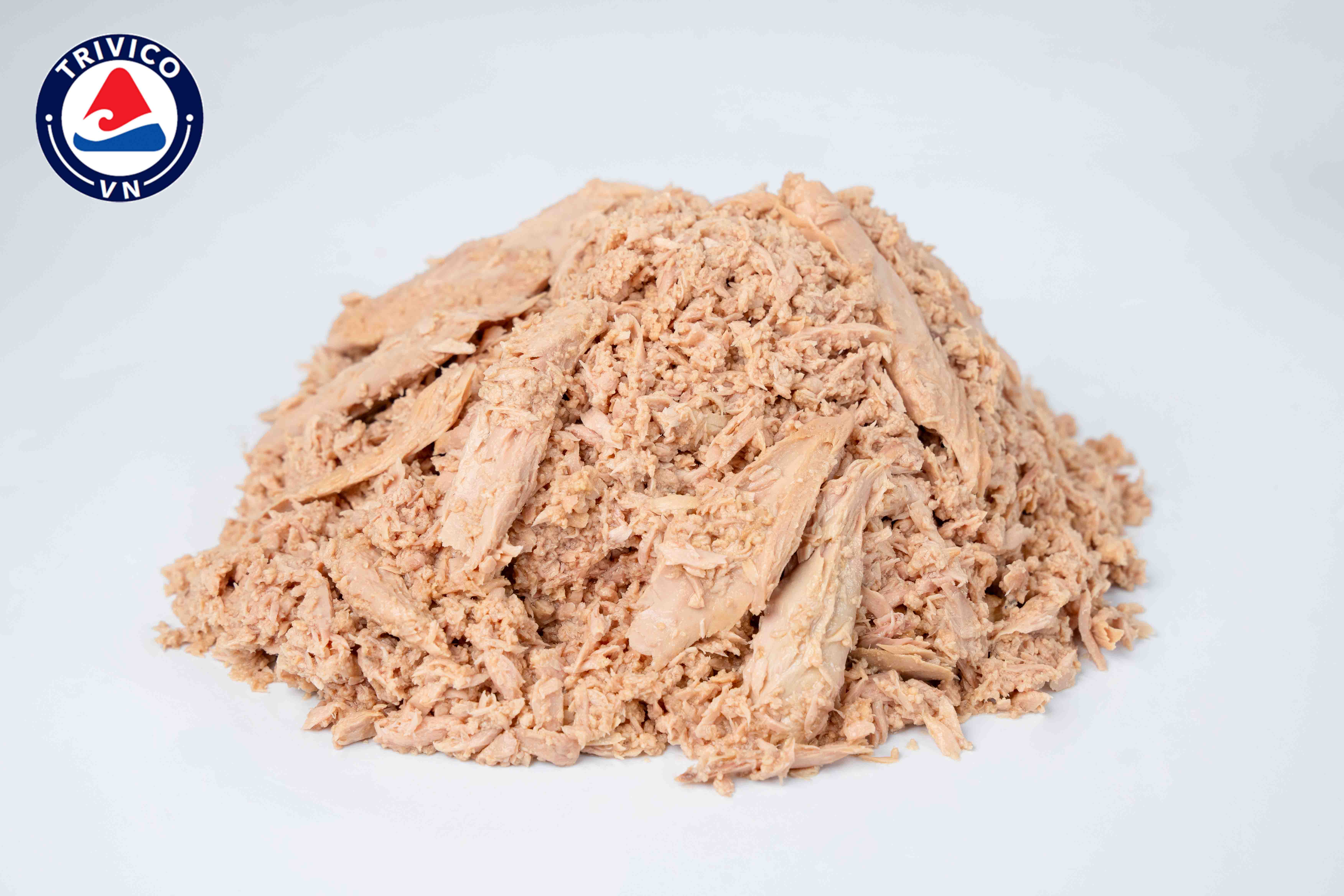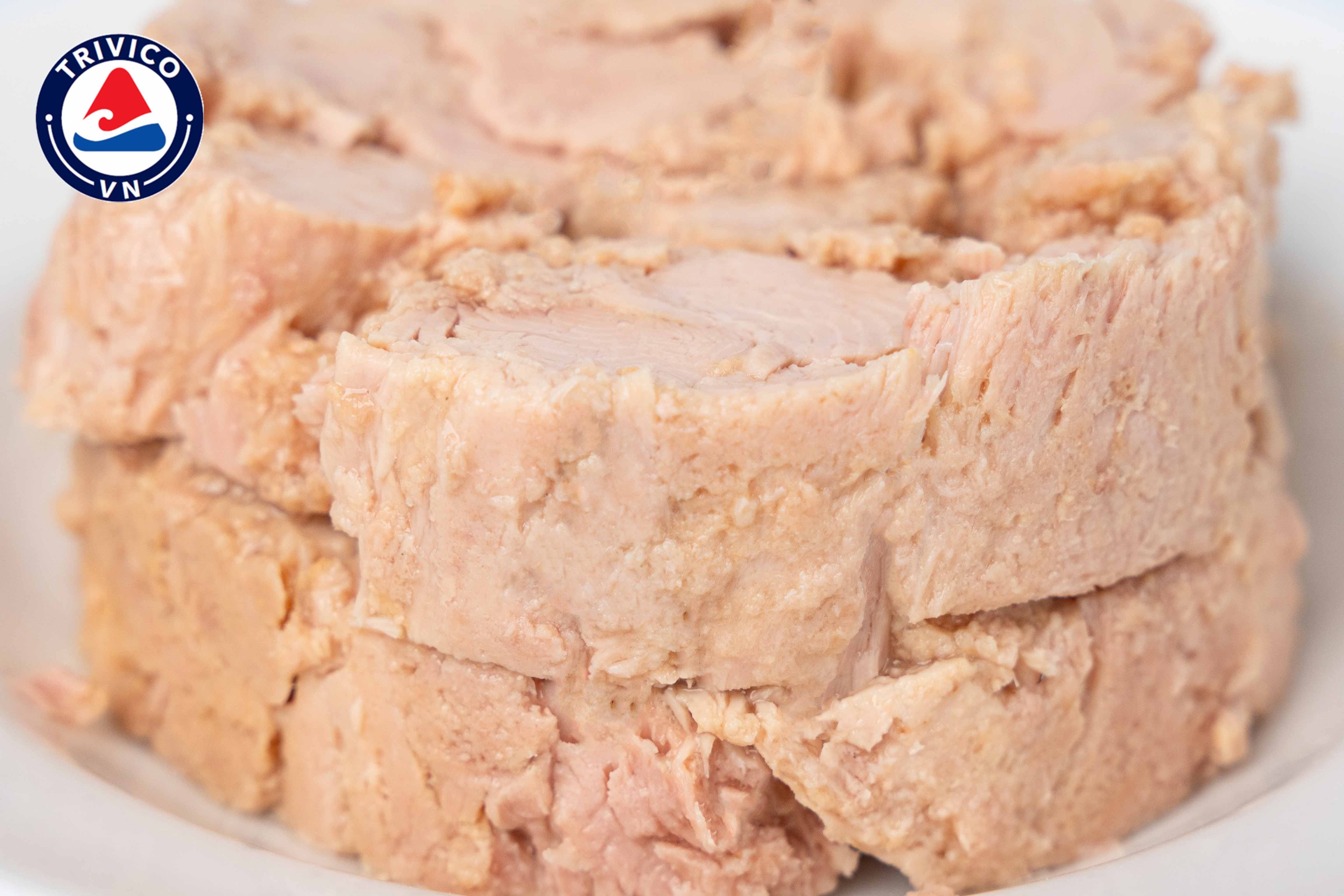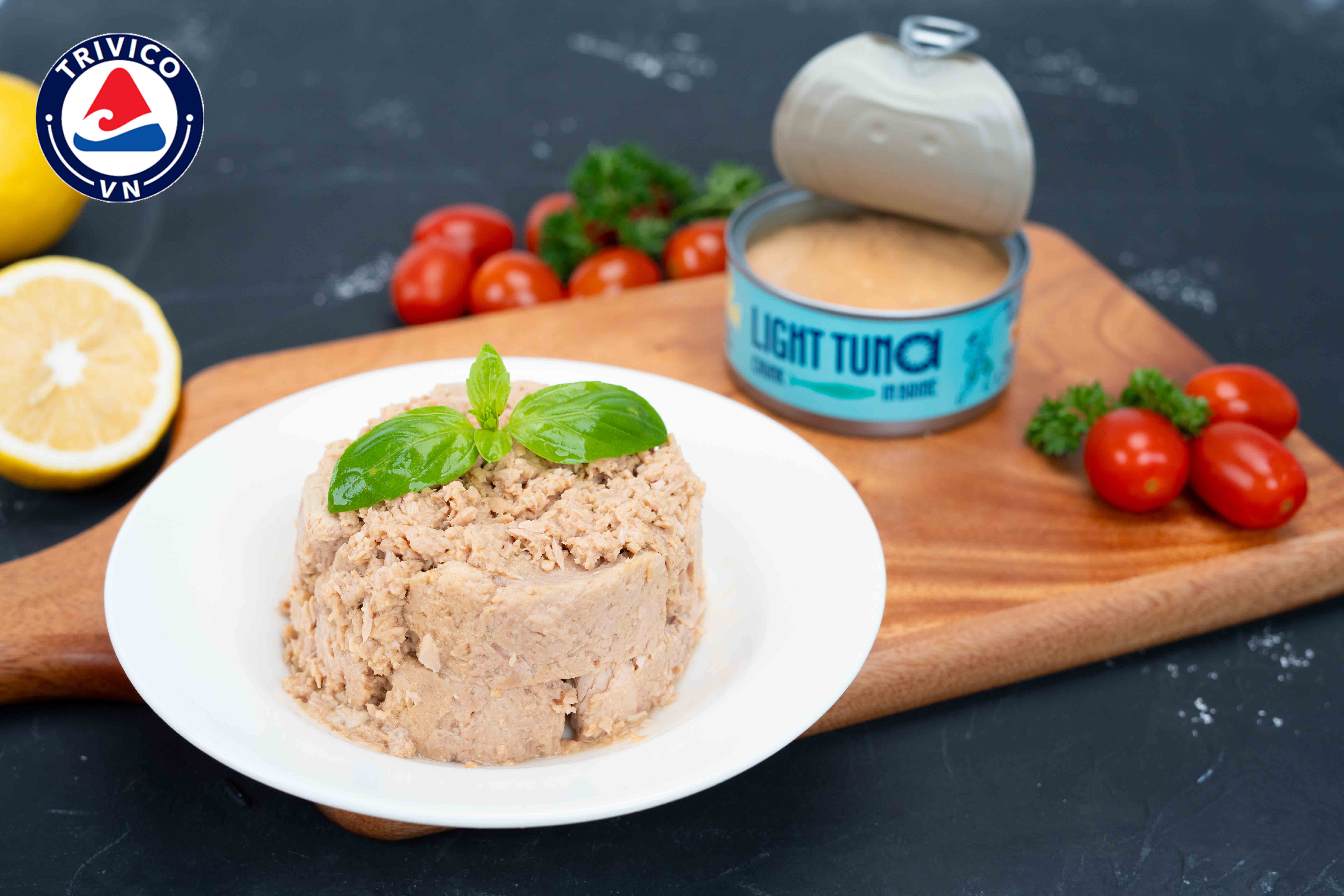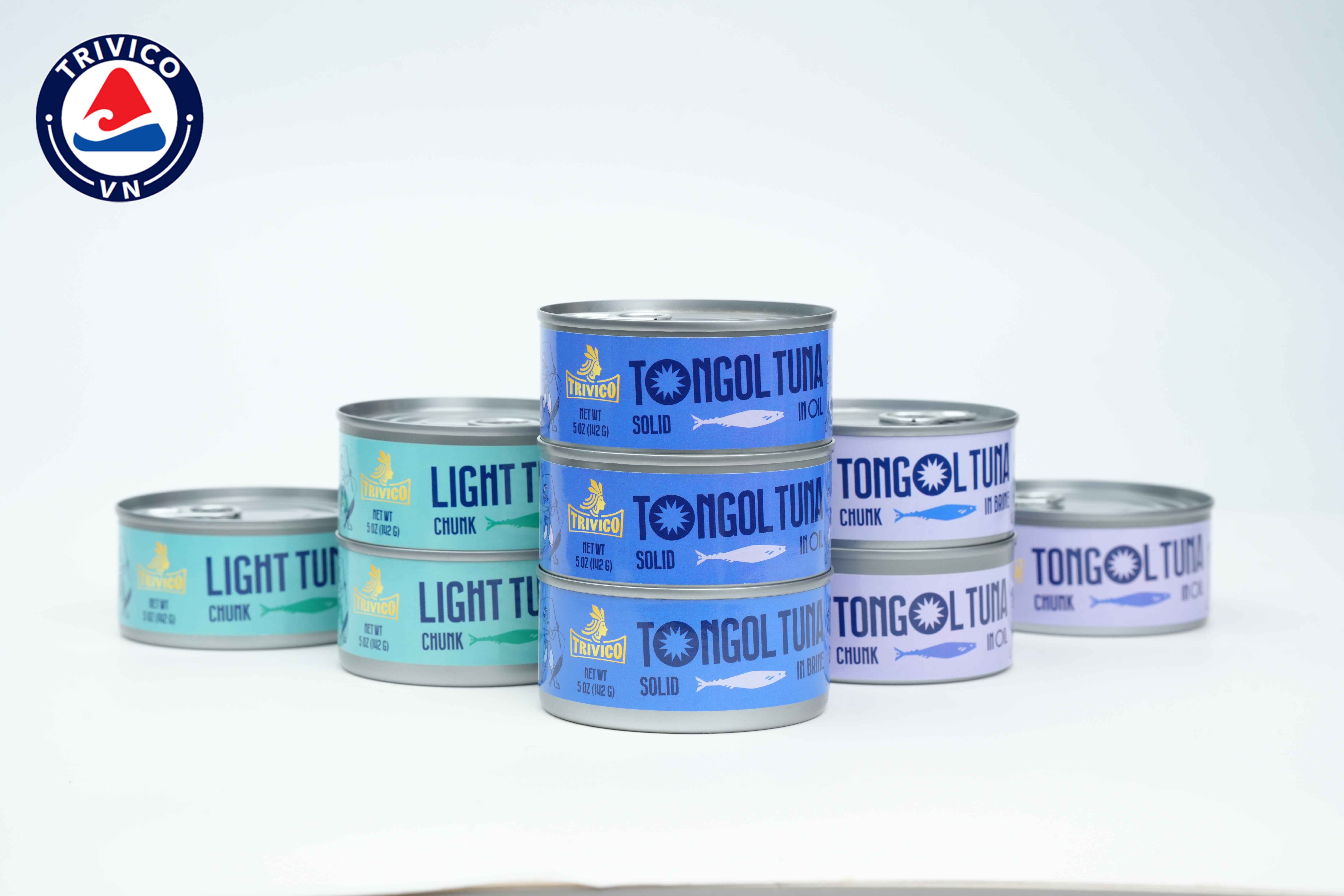
News
 Trinityvietnam
Trinityvietnam
 14:38 - 19/06/2025
14:38 - 19/06/2025
Spain: Tuna Catch Down 24% Due to Rising Competition from Asia
09:17, 10/06/2025 – vasep.com.vn
Spanish tuna fleets, represented by the industry association OPAGAC, have raised concerns about what they describe as an unsustainable imbalance. According to a recent article in El Economista, Asian fishing fleets—especially those from China and South Korea—are gaining dominance in key fishing grounds in the Atlantic. This growing presence is forcing European vessels, particularly from Spain, to abandon traditional fishing zones due to increasingly burdensome regulations.
The European tuna industry has repeatedly warned that without urgent policy intervention, the continent risks losing its strategic fishing capacity and becoming entirely dependent on imports.
OPAGAC—the association of companies owning large freezer vessels specialized in tuna fishing—reported that since 2016, the number of European purse seine vessels operating in the Eastern Atlantic has decreased by 38%, from 21 vessels (14 of which were Spanish and French) to just 13. During the same period, the catch of tropical tuna by these fleets dropped by 24%, while the catch of Asian-flagged fleets—operating under African countries like Ghana, Senegal, and Guinea—increased by as much as 68%.
OPAGAC attributes this trend to the enforcement of sustainability regulations that it deems “discriminatory.” While European fleets strictly comply with environmental and labor regulations—including catch limits, mandatory onboard observers, and seasonal bans on the use of Fish Aggregating Devices (FADs)—Asian fleets reportedly face little to no oversight.
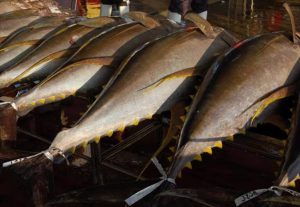
This regulatory disparity has allowed Asian fleets to rapidly expand operations in West African waters—an area where, according to OPAGAC, European vessels have operated since the 1960s, contributing significantly to local development through job creation and infrastructure investment.
Pressure from EU regulations, combined with measures from the International Commission for the Conservation of Atlantic Tunas (ICCAT), is seen as a key factor weakening the competitiveness of European fleets. Although ICCAT recently agreed to shorten the FAD ban from 72 days to 45 days starting in 2025, OPAGAC believes this move is insufficient and calls for strict, verifiable enforcement across all fleets operating in shared waters.
The data underscores the shifting trend: since 2016, Europe’s catch of yellowfin and bigeye tuna has declined by 38% and 36% respectively, while Ghana alone has increased its tuna catch by 80%—including a staggering 151% rise in bigeye tuna landings.
Amid growing concerns over the decline of Europe’s tuna fishing presence, the industry hopes the newly appointed EU Commissioner for Fisheries and Oceans, Mr. Costas Kadis, will prioritize fair competition and sustainable development.
OPAGAC argues that linking trade access—via the EU’s Autonomous Tariff Quota mechanism—to sustainability criteria is essential to ensure regulatory consistency and create a level playing field for all parties involved.






